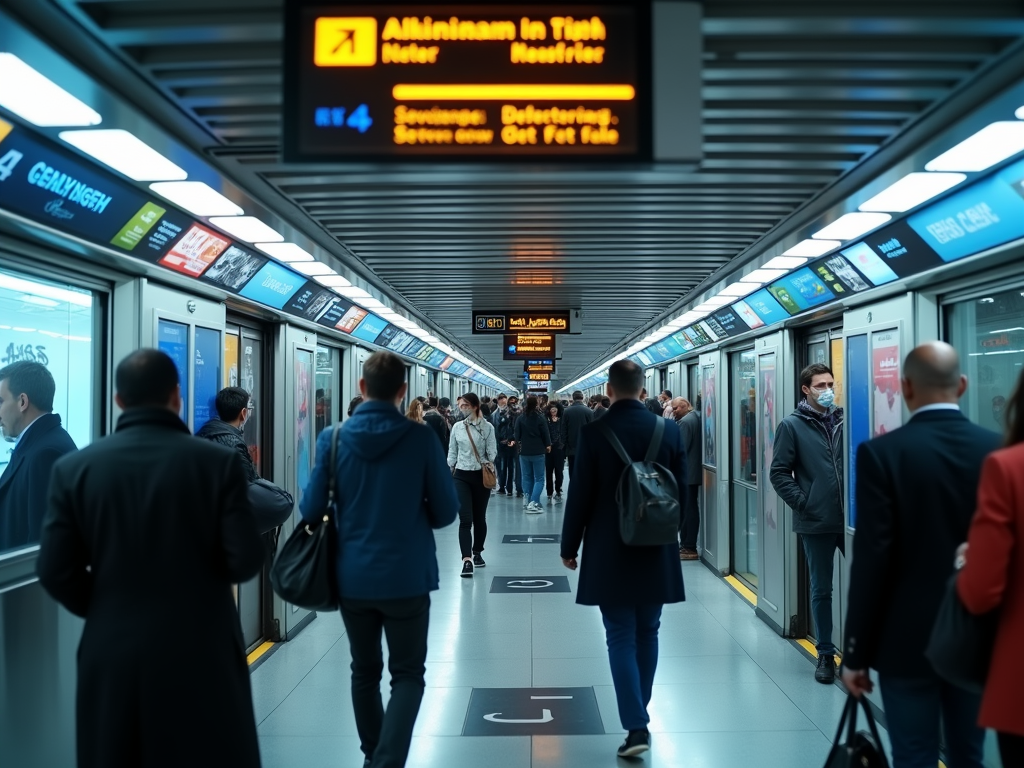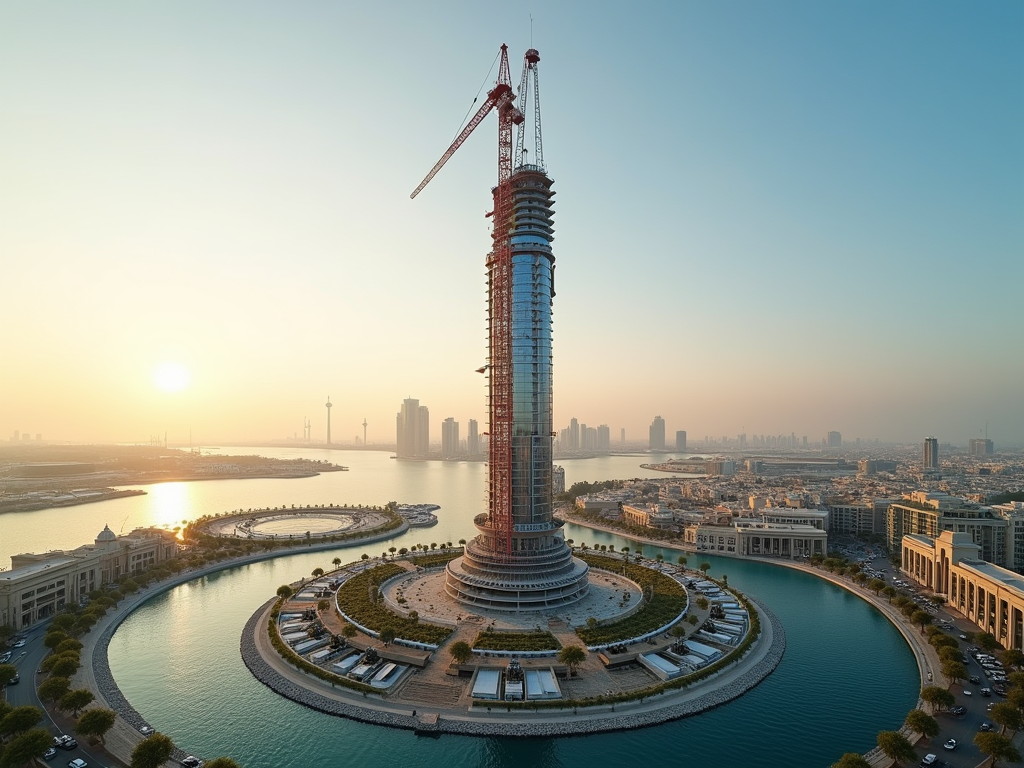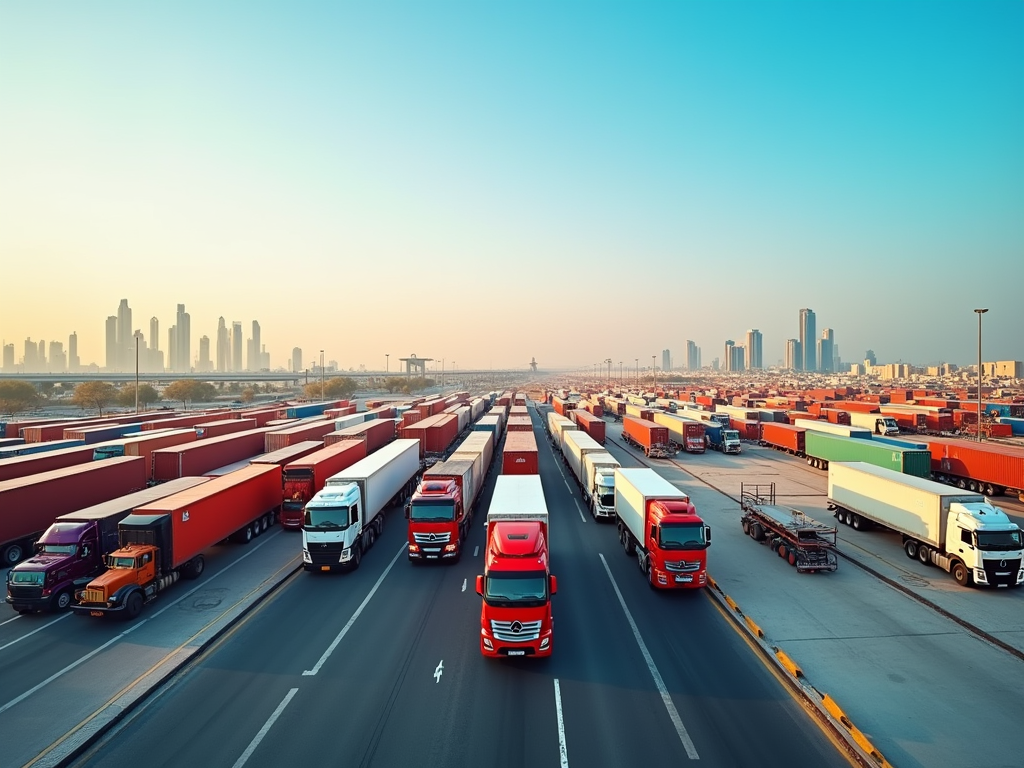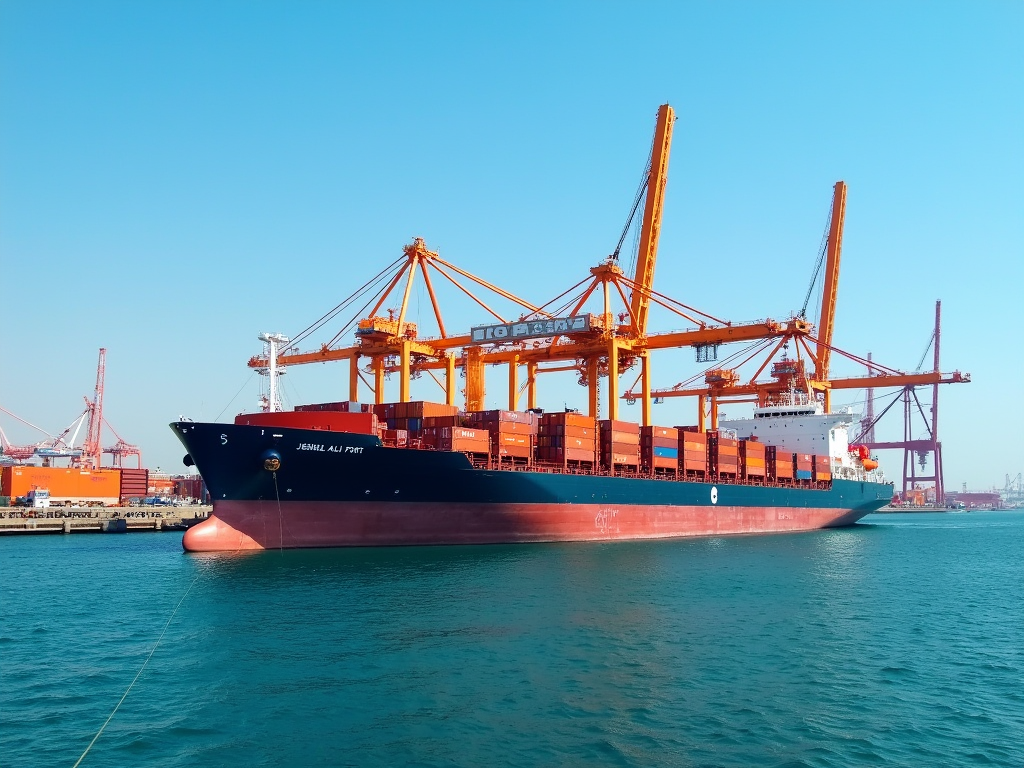Dubai’s Infrastructure Projects: Opportunities for Construction Firms
Dubai is experiencing an unprecedented economic boom, buoyed by an influx of investment and continuous infrastructure development. This article explores the myriad opportunities available for construction firms amidst the city’s ongoing infrastructure projects. From aviation expansions to transportation upgrades, the construction landscape in Dubai offers a wealth of potential, making it an appealing destination for both local and international builders alike. As the city gears up for Expo 2020 and beyond, firms can position themselves strategically to capitalize on emerging trends and demands within the sector.
Current Major Infrastructure Projects

Dubai’s commitment to enhance its infrastructure is showcased in several landmark projects that are either underway or planned for the near future. These mega-projects not only provide transformative changes to the city but also generate substantial opportunities for construction firms. Here are some of the most significant infrastructure projects currently capturing attention:
- Dubai Metro Expansion: Aiming to extend the existing metro network, this project will accommodate the rising population and increased tourism.
- Dubai Creek Tower: Set to surpass the Burj Khalifa in height, this mixed-use development will be a major tourist attraction.
- The Dubai World Central: This sprawling airport and logistics hub aims to accommodate the world’s growing aviation demands.
- Bluewaters Island: A project comprising residential, retail, and entertainment facilities nearby the iconic Ain Dubai observation wheel.
- Expo 2020 Infrastructure: As preparations for this global event intensify, various projects are being launched, focusing on sustainability and innovation.
Investment Climate in Dubai

The investment climate for construction in Dubai is incredibly favorable. The government’s clear vision for a diversified economy has led to substantial public funding for infrastructure projects. Moreover, policies such as tax incentives, foreign ownership rights, and less bureaucratic red tape encourage international firms to invest. The Dubai Construction Sector Strategy 2030 outlines an ambitious plan aimed at enhancing both efficiency and sustainability in construction practices. The emphasis on creating a smart city, integrating technology within infrastructure, and developing public-private partnerships are significant indicators of the opportunities that lie ahead. Firms positioning themselves to embrace these changes can gain a competitive edge in a fast-evolving market.
The ongoing and future infrastructure projects in Dubai present key opportunities that construction firms can leverage. These opportunities include:
- Collaboration with Local Firms: Establishing partnerships can facilitate market entry and enable shared expertise.
- Sustainability Initiatives: There is a growing demand for eco-friendly building materials and designs that meet sustainability standards.
- Technology Integration: Firms utilizing advanced technologies, such as Building Information Modeling (BIM) and smart construction techniques, may find an advantage in project bidding.
- Skilled Labor Market: The availability of skilled labor in Dubai allows firms to capitalize on expertise in various construction disciplines.
- Government Projects: Engaging in tenders for government projects ensures steady work and potential profitability.
Challenges in the Construction Sector
While opportunities abound, construction firms must navigate a range of challenges posed by the competitive landscape. One of the primary hurdles is the intense competition among contractors, leading to fierce bidding wars that can reduce profitability. Additionally, firms need to familiarize themselves with local regulations and ethical standards to ensure compliance. Supply chain disruptions can impact project timelines, while fluctuating material costs may affect budget estimates. To address these challenges, firms must adopt strategic planning and agile operational practices. Participation in industry forums and networking events can also foster valuable connections and insights into emerging challenges and potential solutions.
Conclusion
Dubai’s dynamic infrastructure projects present a unique opportunity for construction firms to expand their operations and enhance their portfolios. By understanding the ongoing initiatives, navigating the investment climate, and leveraging key opportunities, firms can position themselves for success in this ever-evolving marketplace. While challenges do exist, remaining adaptable and innovative is critical for seizing the opportunities that Dubai’s construction sector offers. As the city continues to grow and upgrade its infrastructure, those who are prepared will undoubtedly reap substantial rewards.
Frequently Asked Questions
1. What are the primary sectors driving infrastructure development in Dubai?
The primary sectors include transportation, tourism, residential, and commercial developments, specifically focusing on projects like the Dubai Metro Expansion and Dubai Creek Tower.
2. How can international construction firms enter the Dubai market?
International firms can enter the market by forming partnerships with local companies, participating in government tenders, and familiarizing themselves with local regulations and market dynamics.
3. What role does sustainability play in Dubai’s construction projects?
Sustainability is at the forefront of Dubai’s construction plans, with a focus on green building practices and eco-friendly materials to align with global sustainability goals.
4. What are the challenges of working on large-scale projects in Dubai?
Challenges include high competition, navigating complex regulations, ensuring timely supply chain management, and managing labor costs effectively.
5. How does the government support construction firms in Dubai?
The government supports construction firms through initiatives like public-private partnerships, tax incentives, and providing clarity on regulatory frameworks to facilitate easier market access.





